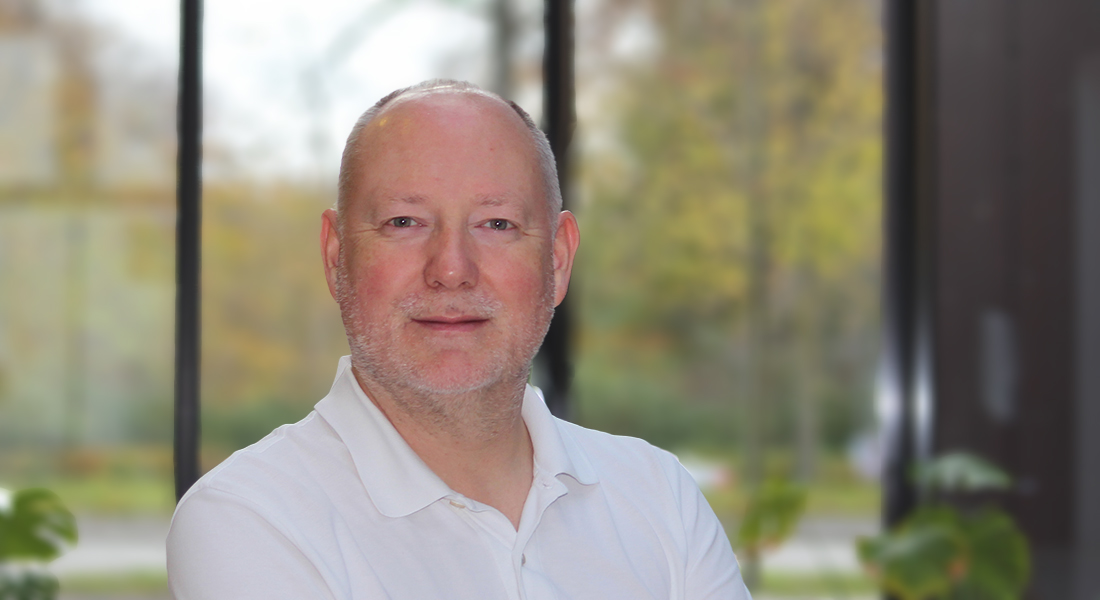Bjarne Styrishave, our new professor of drug toxicology
Bjarne Styrishave is now professor at Department of Pharmacy, where he is group leader of the research group Toxicology and Drug Metabolism.

The overall topic of the new professor’s research is drug toxicology and side-effects of drug use.
“I study the mechanism by which drugs may exert unwarranted effects on biological systems. This includes direct impact on e.g.
endocrine and metabolic systems and how this affects growth and reproduction.
However, I am also interested in indirect side-effects, such as promotion of antibiotic resistance caused by excessive antibiotic use. I have studied a broad range of chemicals, including drugs, legacy POPs and environmental chemicals, in a diverse range of species.
The methods I use are quantitative chemical analysis, mainly LCMS/MS methods, for analysing small molecules, developed and validated in accordance with international guidelines, such as the ICH and OECD guidelines.”
Investigating side effects of drug use
“I aim to improve medicines and therapeutic treatments, so that the users experience fewer side-effects from drug use. Side effects are the major concern of the public with regards to drug use. For most drugs on the Danish market, endocrine side-effects have never been investigated, and a major part of my research is dedicated to identifying those drugs on the Danish marked most likely to exert such effects. It is paramount to understand the mechanism behind these side-effects, in particular for risk groups, so that we can improve therapies and offer the best possible treatments for patients and the public in general.”
An extensive collaboration with clinical partners
“I have extensive collaboration with all hospitals in the Greater Copenhagen area. Here, along with my clinical partners, I focus on diseases such as migraine, idiopathic intercranial hypertension, prevalent in women of reproductive age, and improved fertility treatment through better therapies.
Fetal development is extremely sensitive to chemical exposure. Consequently, I also study drug use in pregnant women and potential effects on placenta function and pregnancy outcomes. The aim is to provide better therapies for pregnant women to reduce the probability of side-effects on offspring.”
Antimicrobial resistance in Kenya
“The group has a long-lasting tradition for collaboration with countries in Africa. Currently, I am leading a major research project on antimicrobial resistance in Kenya, sponsored by Danida where we investigate unintentional exposure to antibiotics and the promotion of antibiotic resistance.
The WHO regards antimicrobial resistance to be one of the top three threats to global health, counting casualties in the millions. For the last 15 years, our research group has conducted research on this vital topic, building laboratories for conducting quantitative antimicrobial analysis, training African PhD students, and providing scientific data for policy briefs, to be used by political stakeholders for improving public health and livelihood.”
Visions for research and collaboration
“My vision is to establish a world-leading research group within the area of drug toxicology and metabolism, implementing state-of-the-art analytical chemical methods including chromatography.
Considering the increasing drug use by the Danish population we, the Department of Pharmacy, the foremost drug department in Denmark, needs to be in the forefront of this research area. The group, and the department, have unique analytical infra-structure found nowhere else in Denmark, which is a huge advantage to us.
Furthermore, we want to take our research to the clinic, because this is the place where patients and the public benefit the most from our research.”
